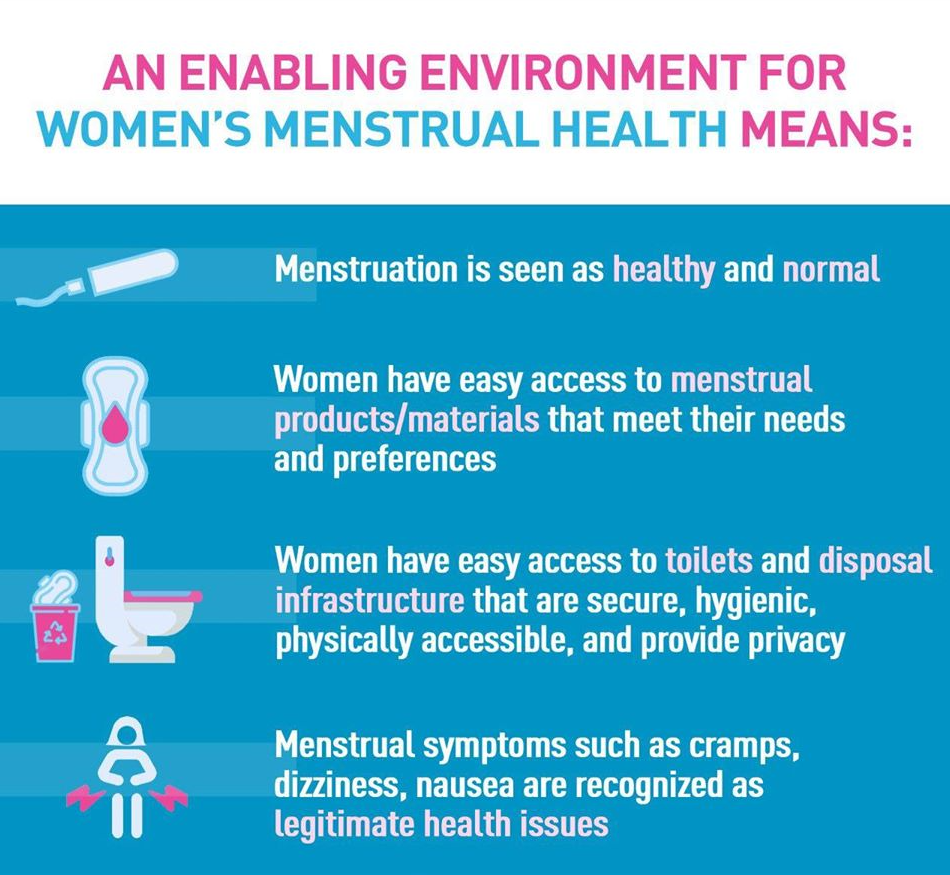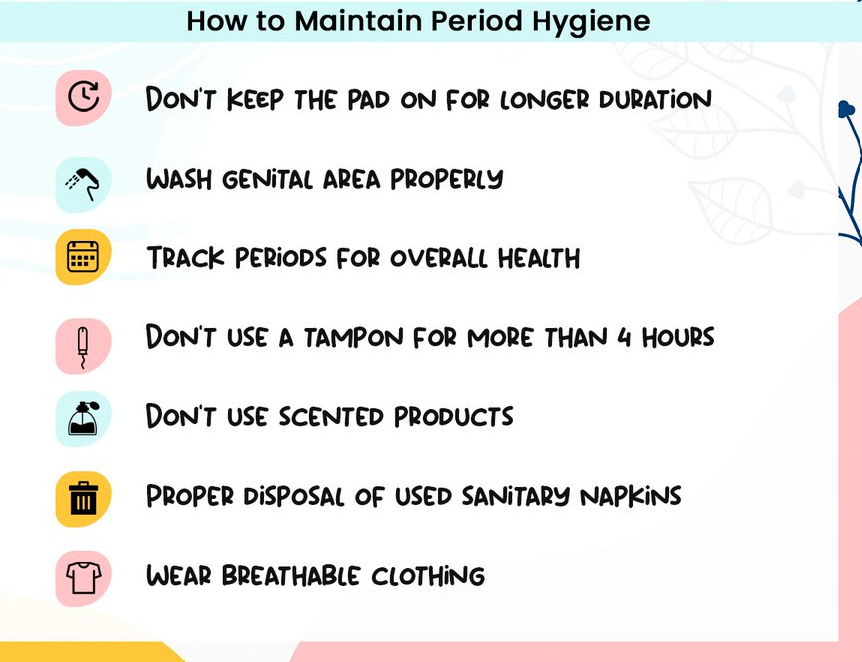Story Highlights: Menstruation is the one thing that every woman wants a man to know. Do you know why? Because menstruation is more than just a monthly blood loss.
Recently world celebrated International Women’s Day on March 8th to recognize women’s social, economic, cultural, and political achievements as well as to raise awareness about gender inequality and advocate for women’s rights.
Yet, I had the eye-opening experience of reading comments made on menstruation (Period) by some guys on a social media post, which made me realize how much the other gender lacks reliable information on “periods,” also known as “menstruation.”
This is the one thing that every woman wants a man to know. Do you know why? Because menstruation is more than just a monthly blood loss.
1.8 billion people menstruate each month in the world. Several girls, women, transgender males, and non-binary people who menstruate are unable to manage their periods in a respectable and healthy manner.
Let’s learn as much as we can about menstruation and the role that other genders can play in easing the discomfort that natural forces have unfairly inflicted on women since the evolution of mankind.
Also Read| RAMADAN 2023: Significance, Customs, and Practices you should know about Islamic Holy Month
What is Menstruation?
Menstruation is a natural process for girls and women during which the shedding of the uterus lining happens every month during their reproductive years (12 to 45 years approx.). The menstrual cycle is controlled by hormones that regulate the growth and shedding of the uterine lining.

The shedding of the uterus lining happens every month, and it is also known as a period. Menstruation usually lasts about 3-7 days, but it can vary from person to person.
Period pain or menses pain often known as cramps is a real and painful aspect of the menstrual cycle for some people. It usually manifests as intense stomach cramps that can occasionally spread to the back and thighs.
A hormone called prostaglandin is secreted during a woman’s period, aiding in uterine expansion and lining shedding. Around the thighs and abdomen region, this creates cramping and a terrible throbbing sensation. Moreover, it might lead to bloating.
For most women, menstruation is a natural and healthy aspect of life. About 26% of women worldwide, or about half of the female population, are of reproductive age. Even then, menstruation is stigmatized all around the world despite how normal it is.
Also Read| Covid returns? India reports highest daily cases in nearly five months; active cases at 9,433
What is Menstruation Cycle?

The menstrual cycle is a cycle of biological changes in a woman’s or a girl’s reproductive system to prepare for a prospective pregnancy. Menstruation is a part of this cycle. Though it might be shorter or longer, the menstrual cycle lasts about 28 days on average.
This cycle starts when a female enters puberty or the beginning of her menstrual cycle, known as menarche, and lasts until she reaches the end of her reproductive capacity or the end of her menstrual cycle (also referred to as menopause).
Menstrual cycles might be predictable, regular, or even vary over time, but this is a normal process.
Also Read| Combating Childhood Cancer in the 21st Century
Importance Of Menstruation
Here are some reasons why periods are necessary:

- The shedding of the uterine lining prepares the uterus for pregnancy. If fertilization does not occur, the lining is shed, and a new cycle begins.
- Hormones, including estrogen and progesterone, control the menstrual cycle. These hormones are also crucial for other bodily functions, such as bone health and mood regulation.
- Changes in menstrual cycles or bleeding patterns can indicate underlying health conditions, such as polycystic ovary syndrome (PCOS) or endometriosis. Regular periods can indicate good overall reproductive health.
Menstruation is a normal bodily function, and talking about it can help to normalize it and reduce stigma and shame.
Menstruation is a natural part of the reproductive system and off course compulsory for everyone to understand its meaning and its related intricacies to be more responsible and accountable for our actions towards girls, women as well as for transgender men, and nonbinary persons who menstruate.
The upcoming article will take you through the challenges women encounter during menstruation, why men need to know about it, and how men can contribute to mitigating menses pain.
Please stay tuned to us and share your opinion towards period education.









